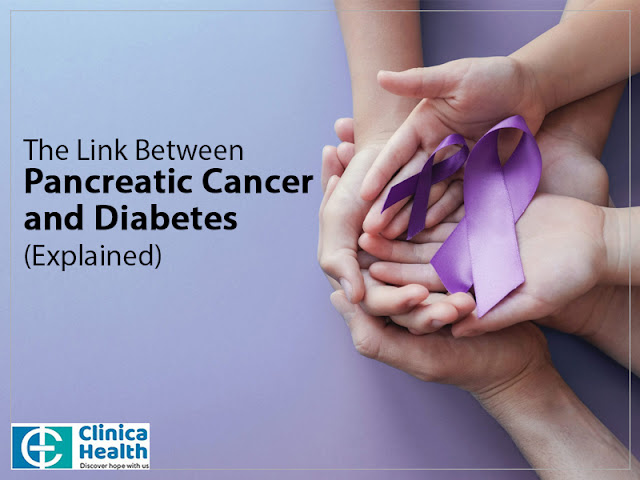Introduction
According to a pancreatic specialist doctor in Kolkata, there is a possible cause-and-effect relationship between diabetes and pancreatic cancer.
Diabetes and Pancreatic Cancer
Insulin is a hormone produced by the pancreas that allows glucose in the bloodstream to enter the body's cells and produce energy. However, a poor diet and an inactive lifestyle can increase the sugar levels in a person's bloodstream, rendering the insulin produced ineffective, causing insulin resistance. As the insulin produced does not work efficiently, the pancreas goes into overdrive, producing more insulin. Eventually, the supply fails to keep up with the body's demands, leading to type 2 diabetes.
Generally, insulin resistance is caused by obesity, but it can also be caused by pancreatic cancer, says the best pancreatic doctor. Pancreatic cancer can also prevent the pancreas from producing insulin in response to insulin resistance. This can lead to type 3C diabetes.
Diabetes can be a symptom or a risk factor of pancreatic cancer. People with long-standing diabetes are more prone to developing pancreatic cancer than people who do not have diabetes. In patients with pancreatic cancer who have had diabetes for less than five years, it is unclear if diabetes contributed to cancer or if the precancerous cells lead to diabetes.
Research also suggests that the new onset of diabetes in people over 50 is an early symptom of pancreatic cancer. Another sign is the sudden change in blood sugar levels in people with diabetes who previously were in control of their diabetes.
Early Detection Can Reduce the Chance of Diabetes and Pancreatic Cancer
At their earliest both diabetes and pancreatic cancer shows weak symptoms, which doctors and patients usually dismiss. Diabetes is diagnosed when a person's A1C levels go higher than 6.5 %. During the new-onset diabetes phase (first three years after diagnosis of higher levels of AIC) patients have a high chance of developing pancreatic cancer. It then drops to the risk level found in people with established diabetes.
Doctors do not always tell patients that they have diabetes when their glucose or A1C levels enter the diabetic range. Instead, they often say that patients have “high blood sugar levels” or “prediabetes”. This is because the physicians hope that patients can reverse diabetes by improving their diet and physical activity.
However, that only works for patients who put in the effort. Sometimes patients witness physical changes with their improved lifestyle and in other rare cases, the changes are caused by pancreatic cancer. For instance, some patients may lose significant weight despite their rising sugar levels. This weight loss can be falsely attributed to their improved lifestyle choices, whereas in reality, it is the result of pancreatic cancer.
Therefore, doctors should not downplay the higher levels of A1C in patients and develop strategies to diagnose and screen for cancer as early as possible.
According to pancreatic cancer doctors in Kolkata, earlier detection of pancreatic cancer increases the number of treatments available. Patients at the earlier stage of pancreatic cancer are healthy; therefore, they can undergo treatment options like surgery and chemotherapy. These approaches present the most effective benefits to patients, but they often cannot be used in the case of late-stage pancreatic cancer.





0 Comments